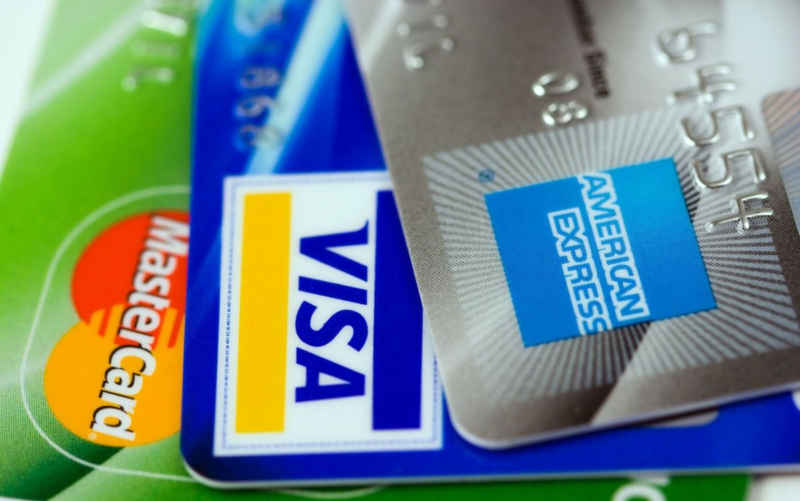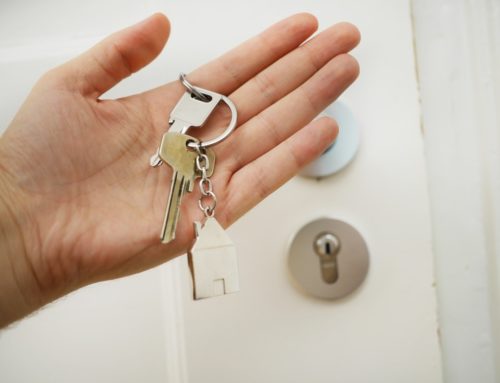Consumers concerned about their credit score or those with poor credit may be interested in boosting their score. Credit building can help you out of a poor financial situation when done right. To build and use credit correctly, it’s important to know all there is about the credit score system and credit building.
Our experts have put together a guide to help you understand how credit building works.
How does your credit score affect you?
A credit score rates an individual or entity’s risk worthiness. It tells a lender how risky or safe it is to lend to someone. A good credit score is what every person should strive for, but that won’t always be the case.
Here are some ways your credit score affects you:
Your credit score determines interest rates
Your credit score directly impacts the interest rates charged by financial institutions. A low credit score means it’s risky to loan money. Such an individual could default on payments, leaving the bank worse off. To offset the risk incurred, they charge these individuals a higher interest rate, making credit facilities more expensive.
Affects your application for a loan
People take loans for various reasons like buying a car, mortgage, and other personal reasons. A loan must be paid back on the bank’s terms in addition to interest payments. However, it’s up to a bank’s discretion whether they agree to give a loan to a certain client. Generally, those with a poor credit score are rejected loan applications. It’s also important to understand that these rejections decrease your credit score further.
Results in acceptance or rejection of a credit card application
Obtaining any form of credit depends entirely on your credit history, which is a major component of your credit score. Credit card applications may be declined by issuers if your credit score doesn’t meet their requirements.
Factors that make up your credit score
You’re probably wondering what components make up your credit score. Knowing them can help you rebuild your credit and move forward.
Payment history
Your payment history is made up of all your credit payments. Repaying your loan on time and paying off your credit card bill before the due date can help you maintain a good credit score.
Amounts owed
This refers to your credit utilization. Using too much or too little credit will lower your credit score.
Length of credit history
The longer the credit history you have to show for yourself, the better your credit score. It’s better to begin using a credit card once you have a stable source of income.
Credit building practices
Signing up for a secured credit card
Securing credit while having a poor credit score is a struggle. Credit card issuers are skeptical of allowing credit facilities to applicants with poor scores and therefore reject applications. A secured credit card is a safe way to get access to credit facilities. To obtain this card, you have to pay a deposit, which is used as collateral in the event of non-payment. A secured credit card is ideal for improving your credit score, provided your bills are being paid on time.
Use your credit card wisely
Since credit utilization is something credit bureaus scrutinize when determining your score, use credit cards responsibly. Maxing the credit limit impacts your credit score negatively. Credit cards are best left for one-time purchases rather than day-to-day expenses.
Credit applications
Since every application for a loan and a rejection from the issuer has an adverse impact on your credit score, we advise our clients to plan out their finances. Credit applications must be well-thought-out and only sent in once you’re confident about the acceptance.
Signing up with a well-reputed credit repair expert in Greenville, will give you all the strategies you need to rebuild your credit. Get in touch with our experts at Masters Credit Consultants. We help individuals as well as businesses repair their credit. Call 1-844-620-8796 for more information about our services.






Leave A Comment